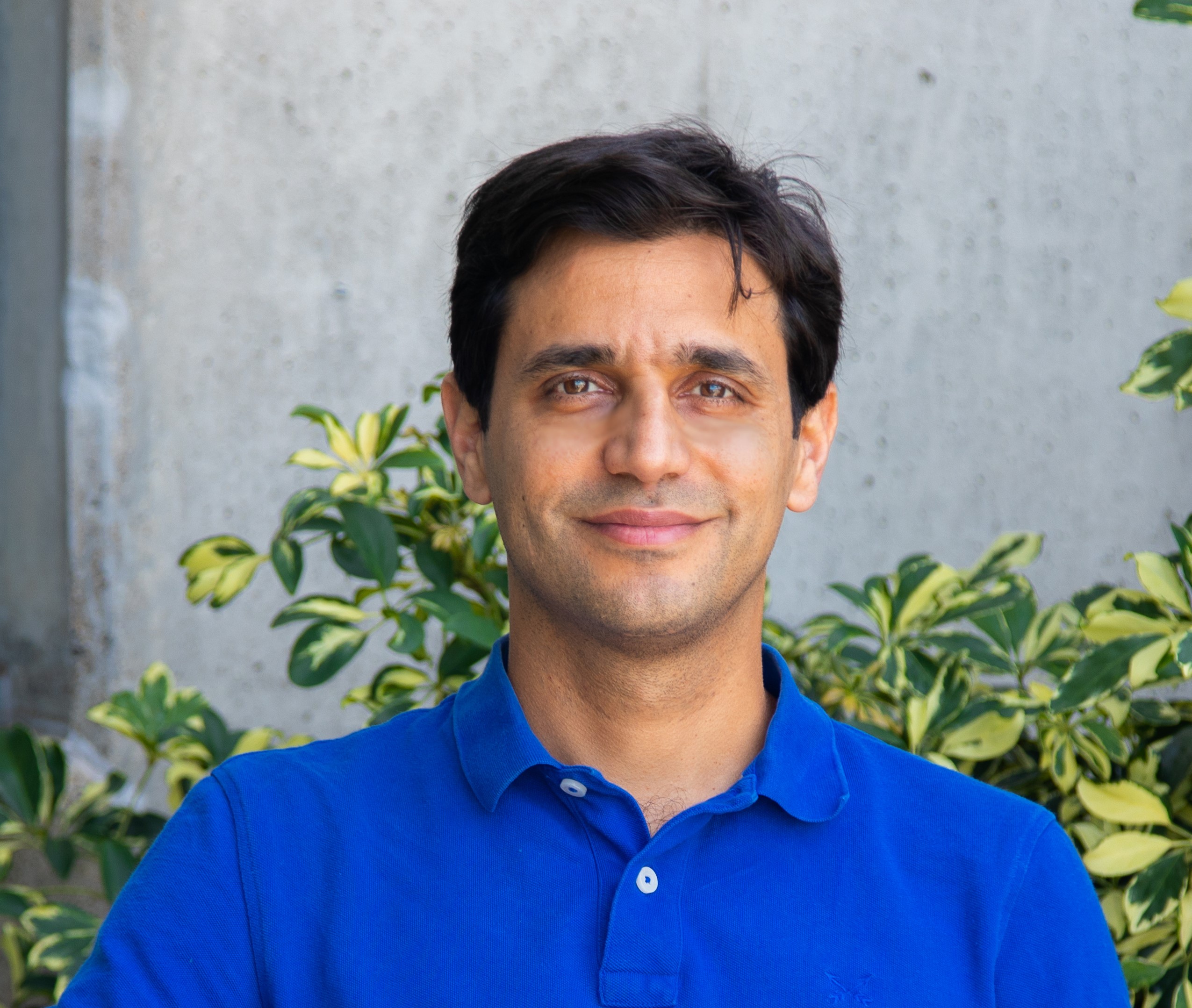
QUT will focus on skills shortages in emerging technology industries with $836,000 for new research scholarships in blockchain, machine learning and the internet of things (IoT), backed by industry and the CSIRO Data 61 Next Generation Graduates Program.
CSIRO has granted $521,417 towards the 'Trusted Automation for Industrial Internet of Things' program with a further $315,000 commitment from five industry partners for 10 student positions.
Students will work in multidisciplinary groups with industry and research leaders to solve real-world challenges proposed by program partners.
A Supra Oracles project will focus on improving the blockchain technology, while Automi, Olam, Interport Cargo Services, Queensland Cotton, and Xiippy projects will focus on emerging technology applications to manufacturing, food supply chain, retail, and transport and logistics systems.
Professor Raja Jurdak (pictured below) is QUT's Chair in Applied Data Sciences and Director of the university's Trusted Networks Lab, and will lead the program in collaboration with the University of New South Wales (UNSW).
Program recruitment for PhD, MPhil, and Honors students at QUT and UNSW is expected to commence from May 2022.
“Adopting emerging technologies such as machine learning, internet of things, AI and blockchain could significantly increase Australian companies’ productivity and competitiveness,” Professor Jurdak said.
“Sensors in emerging technologies are collecting more data and through machine learning that is leading to greater automation.
“But, as industries want to send data back and forth between different companies, they need a trusted medium, and that is where blockchain comes in.
“Several industries already look to transform their operations by recruiting skilled professionals, however, the skill shortage in these domains impedes the transformation process, impacting innovation, transformation, and growth.
“Our program will train the next generation graduates in trusted automation for industrial Internet of Things through a close partnership between industry and academia.”
Co-lead Professor Salil Kanhere, from the UNSW School of Computer Science and Engineering, said the program would also establish long-lasting partnerships between QUT, UNSW, CSIRO and industry partners.
“The program opens up opportunities for knowledge exchange and technology transfer that will ultimately boost the Australian economy,” Professor Kanhere said.
Supervisors will include Professor Jurdak and Dr Gowri Ramachandran from the QUT School of Computer Science, Professor Alistair Barros from the QUT School of Information Systems, and Professor Sagadevan Mundree from the QUT Centre for Agriculture and Biocommodities.
CSIRO has announced the QUT-UNSW program among its first 12 Next Generation AI and Emerging Technologies Graduates Programs. It awarded $6.2 million to the Next Generation Emerging Technologies Graduates program and $4.2 million for the Next Generation Artificial Intelligence Graduates program.
Over the next six years, the Next Generations Graduates programs are expecting to fund at least 480 nationally competitive scholarships to attract and train the next generation of technology specialists.
CSIRO has estimated that Australian industry will need up to 161,000 new AI specialist and AI savvy workers by 2030.
The program will build a pipeline of home-grown, job-ready graduates to unlock the immense economic opportunity offered by artificial intelligence and emerging technologies.
The full list of Next Generation Artificial Intelligence challenges and partners and Next Generation Emerging Technologies challenges and partners can be found on CSIRO’s website.
QUT Media contact: media@qut.edu.au or 0407 585 901 (after hours)


